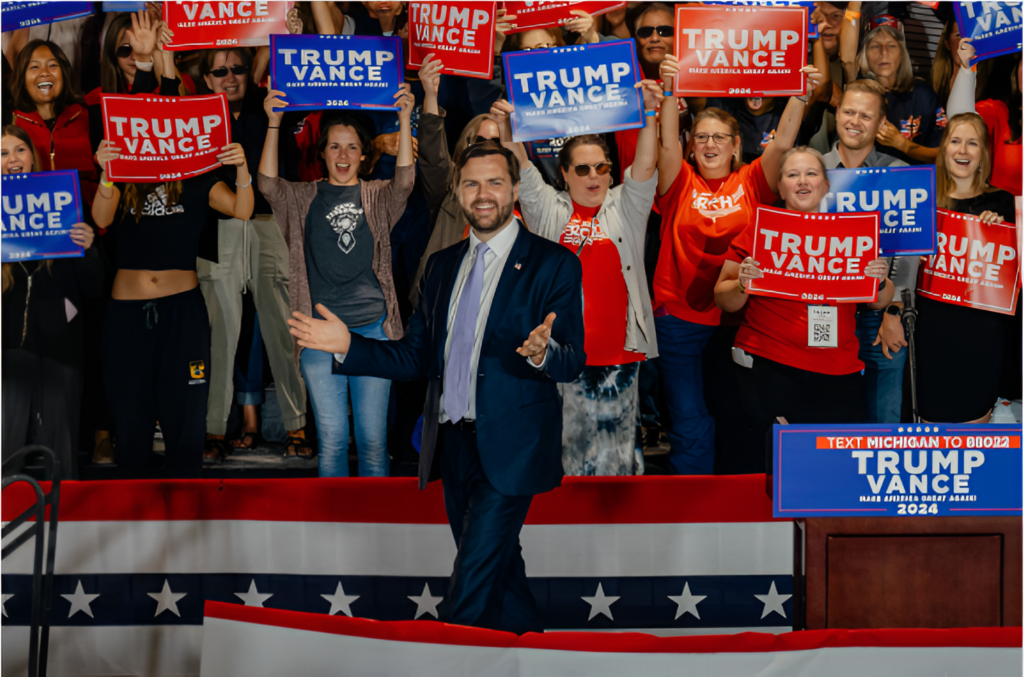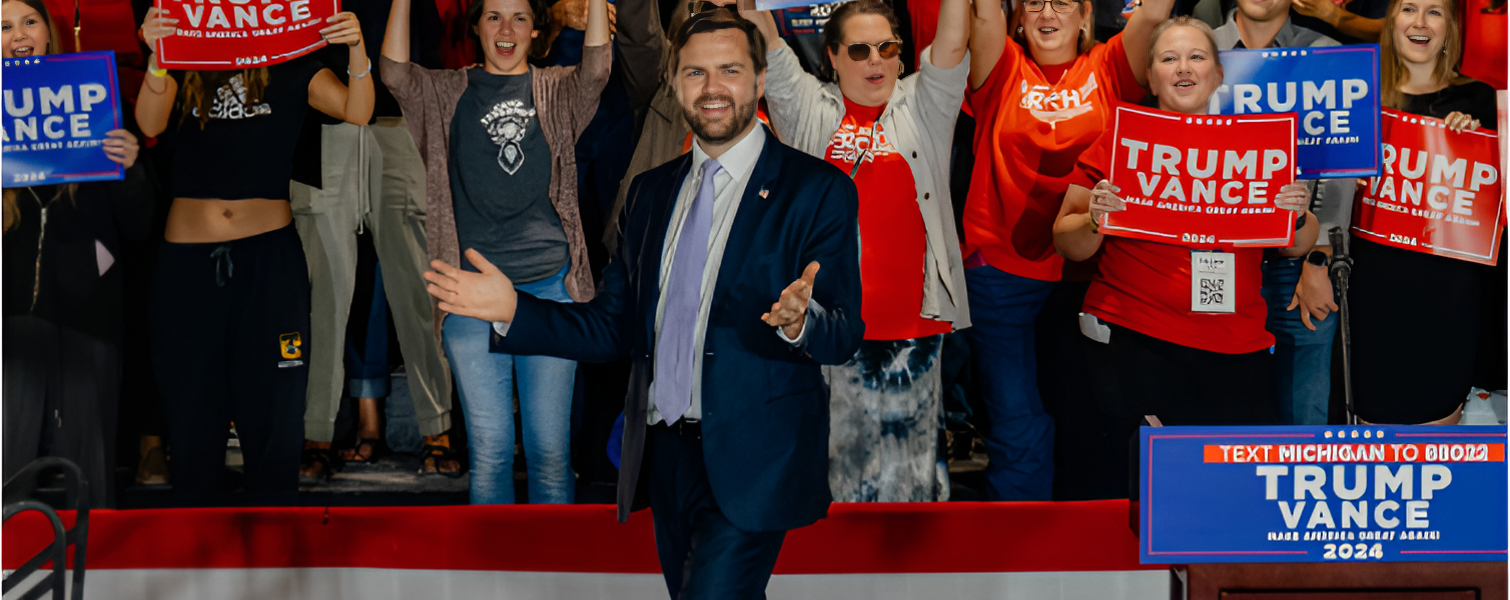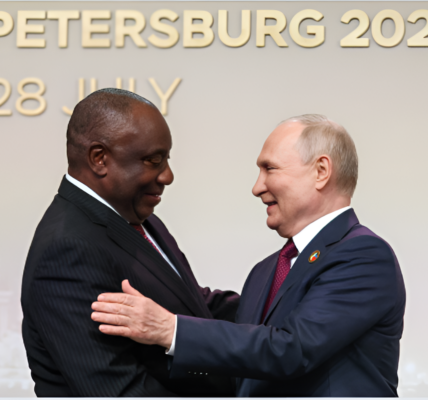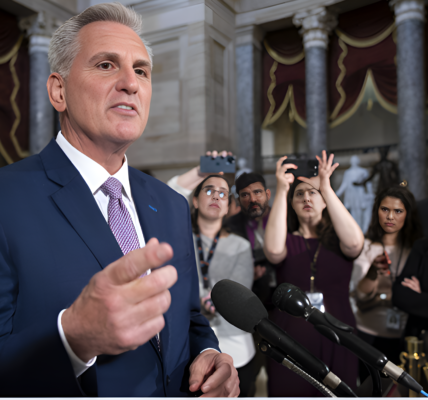
A local elected official in Columbus, Ohio, O’Connor assumed the role of Vance in debate prep for then-Rep. Tim Ryan during their fierce 2022 Senate race. In an interview with POLITICO Magazine, O’Connor discussed what Minnesota Gov. Tim Walz should expect from Vance at the debate next week — including his extraordinary discipline and a propensity for awkward laughter.
“Generally he’ll laugh if something is absolutely true that he needs to defuse,” O’Connor said.
With another presidential debate looking increasingly unlikely, the Oct. 1 vice presidential face-off may be the last major set-piece event of the presidential election. That means that for both Walz and Vance, the stakes of this traditionally second-tier event will be even higher.
O’Connor described Vance’s debate style as methodical and controlled, focusing on meticulously following directions rather than offering original ideas. “There’s not really much in terms of original thought,” O’Connor explained. The challenge in preparing for Vance lies in his propensity for shifting positions based on the needs of the moment, with little regard for consistency. This fluidity in his stance, particularly since his 2022 Senate run, speaks to what O’Connor describes as Vance’s lack of honesty—a trait that makes him unpredictable yet disciplined in his execution.
As O’Connor reflects, prepping for Vance feels like preparing for a game where the opponent keeps changing the playbook. “You can kind of figure it out by just following what Trump’s saying or what Project 2025 is pushing,” he noted. This insight hints at Vance’s dependence on external strategies, particularly those rooted in the Trump campaign’s messaging machine, which has proven to be both effective and divisive.
O’Connor observed Vance’s nervous habits during debates, notably his tendency to laugh awkwardly when confronted with uncomfortable truths. “He’ll laugh if something is absolutely true that he needs to defuse,” O’Connor shared. This laugh, which serves as a deflection tactic, has become a signature move for Vance, signaling his discomfort with certain topics. Walz, O’Connor warns, should expect this response when challenging Vance on issues like abortion or his stance on trade and labor.
While Vance’s laughter is often an attempt to make a point seem less significant, it is also a strategic way to sidestep difficult questions without engaging in real debate. O’Connor noted that when pressed on his past support for a national abortion ban, Vance would likely laugh it off and deny the accusation, attempting to shift the conversation elsewhere.
One of the key strategies O’Connor warns Walz to watch for is Vance’s tendency to avoid specifics. “Vance is going to be very, very short on plans,” O’Connor predicted. Much like Trump’s debates, Vance will focus on broad, generalized statements designed to appeal to a wide base without offering actionable policies. This tactic has been successful in the past, as it gives the illusion of decisive action while avoiding the complexities of actual governance.
For instance, Vance’s likely approach to issues such as healthcare and trade will be more about casting blame on the current administration than proposing substantive alternatives. According to O’Connor, Vance will parrot pre-tested lines and attack Walz’s record, relying on poll-driven messaging rather than a coherent policy platform.
Perhaps most important for Walz to understand is Vance’s discipline. “He’s going to do exactly what he’s told,” O’Connor stated. This discipline stems from Vance’s political trajectory, which has been shaped by his alignment with the conservative elite. Whether it’s the Trump campaign or conservative think tanks like the Heritage Foundation, Vance’s career has been marked by his adherence to party lines. This makes him predictable in a way—he will follow the script, attack where necessary, and stay on message, even if that message is at odds with his own previous positions.
For Walz, the debate against Vance will be a challenge in navigating a disciplined but dishonest opponent. O’Connor encapsulates this dynamic: “It will be an exercise in dishonesty, but it will be consistent, and it will be disciplined.”
Ultimately, Walz should prepare for a debate that will be less about substance and more about tactical performance. Vance’s ability to deflect, laugh, and pivot makes him a formidable adversary, but it also highlights his lack of genuine engagement with the issues. In this game of political chess, Walz will need to keep his focus sharp, not getting distracted by Vance’s theatrics and instead pressing him on the specifics that matter to voters.
In the final analysis, Vance’s style is predictable in its dishonesty and disciplined in its delivery. Walz will have to outlast the surface-level theatrics and press for substance, hoping to expose the cracks in Vance’s carefully crafted facade.





